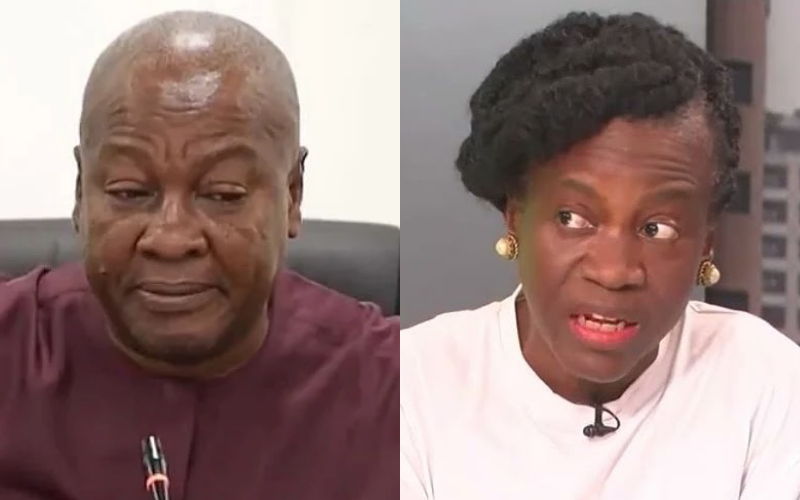Ghana’s Mining Dilemma: A Broken Promise and the Fight for Forest Reserves
The battle against illegal mining in Ghana has taken a new twist, with environmental activists expressing disappointment and demanding an apology from President John Dramani Mahama. At the heart of the controversy lies Legislative Instrument (L.I.) 2462, a law that governs mining activities in forest reserves. While President Mahama recently announced amendments to the law as part of a broader strategy to sanitize the mining sector, activists like Awula Serwah, Coordinator of Eco-Conscious Citizens, argue that he reneged on a campaign promise to completely repeal the legislation. This perceived betrayal has fueled distrust and sparked renewed calls for stronger action to protect Ghana’s precious forest reserves.
Serwah contends that President Mahama explicitly pledged to revoke L.I. 2462 during the election campaign, not merely amend it. This distinction is crucial for activists who view the law itself as facilitating, rather than preventing, mining in protected areas. Amending it, they argue, is akin to putting a bandage on a gaping wound. A full repeal, on the other hand, would signal a clear commitment to ending the practice altogether and pave the way for more robust protective measures. For Serwah and others, the President’s decision to introduce amendments instead of repealing the law represents a broken promise that warrants a public apology.
The amendment to L.I. 2462 seeks to remove the President’s power to approve mining in forest reserves. While seemingly a positive step, critics argue that this alone is insufficient to address the complex challenges of illegal mining. They point out that the law’s existence, regardless of presidential oversight, creates a loophole that can be exploited by unscrupulous actors. Furthermore, the amendment does not address the underlying issues of weak enforcement, corruption, and lack of alternative livelihoods that drive illegal mining activities. By focusing on a single aspect of the problem, the government risks implementing a cosmetic solution that fails to address the root causes of the crisis.
Serwah acknowledges that repealing L.I. 2462 is not a silver bullet solution to illegal mining. However, she believes it is a crucial first step towards demonstrating good faith and fostering constructive dialogue. She argues that the focus should be on enforcing existing laws that criminalize illegal mining, rather than creating new regulations that can be easily circumvented. What is needed, according to Serwah, is a comprehensive approach that combines strict law enforcement with community engagement, alternative livelihood programs, and environmental rehabilitation.
The government’s five-pronged strategy to combat illegal mining, announced by President Mahama, includes regulatory reforms, strengthened law enforcement, stakeholder collaboration, reclamation of degraded areas, and the provision of alternative livelihoods. While these initiatives appear promising on paper, their effectiveness hinges on genuine commitment and rigorous implementation. Furthermore, the government’s actions must be transparent and accountable to ensure public trust and avoid the perception of selective enforcement.
The debate surrounding L.I. 2462 highlights the complex interplay between environmental protection, economic development, and political accountability. The government faces the challenging task of balancing the need for economic growth with the imperative to safeguard Ghana’s natural resources. A sustainable solution requires a multi-faceted approach that involves not only legislative reforms but also community empowerment, robust enforcement, and a genuine commitment to protecting Ghana’s ecological heritage for future generations. The call for an apology from President Mahama underscores the importance of trust and transparency in addressing the issue of illegal mining. Only through open dialogue and genuine collaboration can Ghana effectively combat this destructive practice and secure a sustainable future for its forests and its people.


